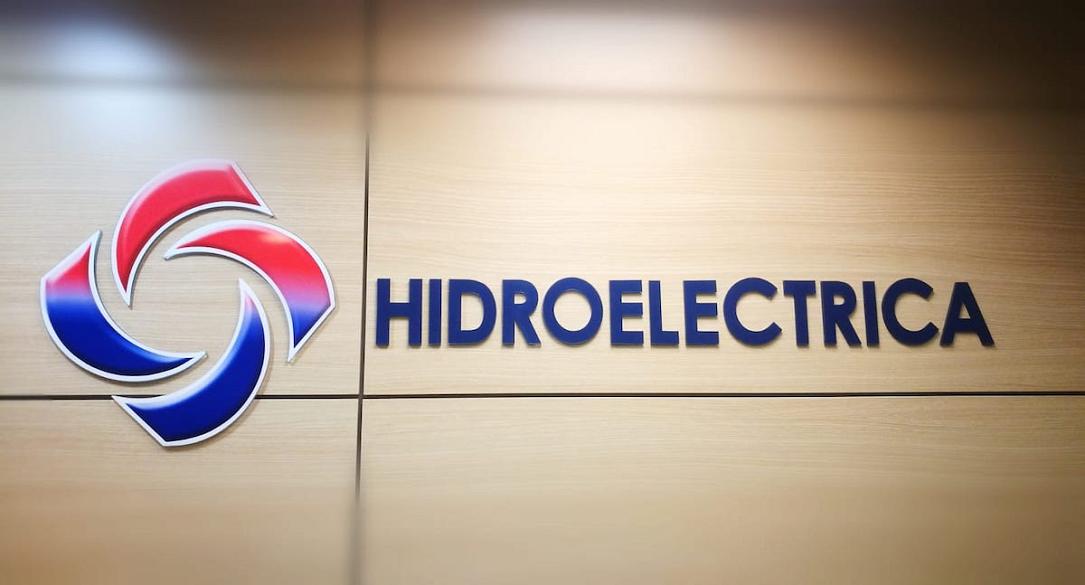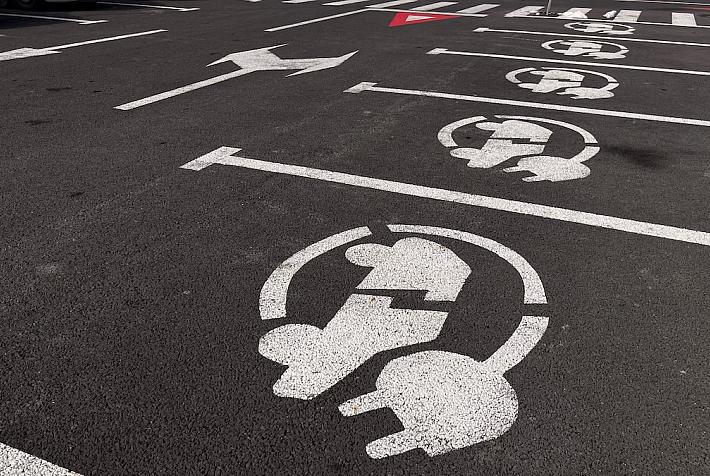Open to debate: Dual listing of Hidroelectrica's shares

Fondul Proprietatea (FP) argues for the dual listing of Hidoelectrica's shares, fearing that the listing on Bucharest Exchange alone would result in "a failure". The banks, which FP contacted for handling the deal, reportedly said that a 15% IPO could hardly be carried out only in Bucharest alone, according to Ziarul Financiar.
On the other hand, the Romanian state and the financial market authority ASF do not support and have not approved a dual listing yet.
As the owner of the 20% stake, FP should, in principle, have the right to decide where and how to sell its shares. And there is no doubt that it would actually sell its 20% stake in Hidroelectrica on the spot if offered the right price.
It carried negotiations about this in the past. But as the minority shareholders have rights, so do the majority shareholders - including but not limited to preemptive rights. It would be fair to start by admitting that the "success" or "failure" of the IPO is an asymmetric definition.
The bigger picture of Hidroelectrica's IPO should include the complicated process that brought the company's shares into the pockets of the Fondul Proprietatea's current owners.
The restitution certificates handed to the former owners of properties nationalised by the communists were listed neither in Bucharest nor in London: they have been traded on a grey (at best) market, with the complicity of the authorities and to the benefit of obscure intermediaries that derived huge profits from the high uncertainty. Later, these certificates (titluri de despagubire) were exchanged for either cash or FP shares. The corruption lawsuits related to the process abound.
Separately, speaking of the "successful" listing that FP wishes for Hidroelectrica, it is relevant and fair to define the terms. Failure to sell the entire 15% stake put up for sale (not very likely) or, more likely, failure to receive the desired price shouldn't necessarily be regarded as a failure. After the IPO, FP can sell the remaining shares - 5%, or more if less than 15% is sold under the IPO - on the market.
And as regards the desired price, the fundamentals are the same in Bucharest and London. A "successful" IPO such as the UiPath's NYSE IPO (where the prices plunged 70% in the 12 months after the listing) would certainly be defined as "successful" for FP shareholders - but it is not desirable for the recipients of the local pension funds, supposedly the main buyers of the Hidroelectrica shares. The "failure" of Hidroelctrica's IPO, no matter how it is defined, is not desirable - but the market's "failures" should not be ignored and should be part of the final decision about the most expected IPO on the Bucharest Stock Exchange.
Finally, Hidroelectrica is not too large for Romania's energy system, why would it be too large for its capital market?. In any case, the replacement of a (legitimate) short-term-focused investor such as FP with longer-term investors such as the pension funds should bring more clarity to the investment policy at Hidroelectrica at a point where the investments should be anything but short-sighted.
(Photo: Hidroelectrica Facebook Page)
iulian@romania-insider.com













